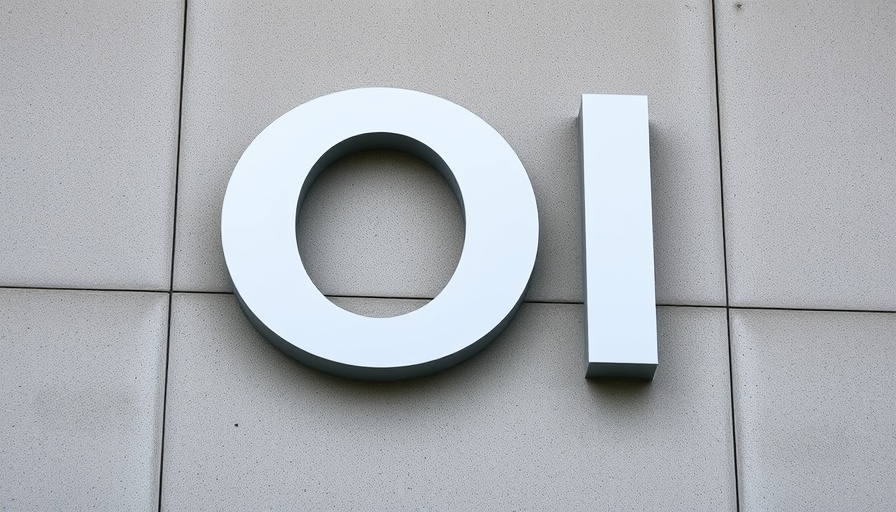
Authors Unite Against AI in Publishing
In an unprecedented move, notable authors, including Lauren Groff and Lev Grossman, have come together to express their concerns regarding the growing use of artificial intelligence (AI) in the publishing industry. Their open letter, which garnered an impressive 1,100 signatures shortly after its release, calls on publishers to limit their reliance on AI tools.
The Heart of the Matter: Protecting Creative Work
The authors argue that AI technology undermines their work by relying on unpaid contributions to train models, effectively “stealing” the essence of their creativity. As Groff stated, “Rather than paying writers a small percentage of the money our work makes for them, someone else will be paid for a technology built on our unpaid labor.” This sentiment echoes across the writing community, emphasizing a growing apprehension about the future of human authorship.
A Call for Action: Human Narrators and Job Preservation
The letter demands that publishers pledge to hire human audiobook narrators exclusively and refrain from releasing any books generated by AI. These commitments reflect a desire to ensure that human creativity remains at the forefront of literature, preventing the degradation of jobs to mere oversight of AI systems.
Wider Implications: The Legal Landscape
While authors are also taking legal action against tech companies for unauthorized use of their writings, recent judicial setbacks have stymied some of these efforts. Judges have dismissed key aspects of lawsuits aimed at holding companies accountable for using published works without consent.
Looking Ahead: The Future of Publishing and AI
This movement is not just about resisting AI; it signals a broader discussion on how technology should be integrated into creative industries without eroding the livelihoods of artists. As the debate continues, it raises fundamental questions about the balance between innovation and respect for intellectual property.
In a world increasingly reliant on technology, it is essential to promote a publishing landscape that values human creativity over automation. By supporting this authors’ initiative, you can help ensure that the future of literature remains bright and human-centric.
 Add Row
Add Row  Add
Add 




Write A Comment